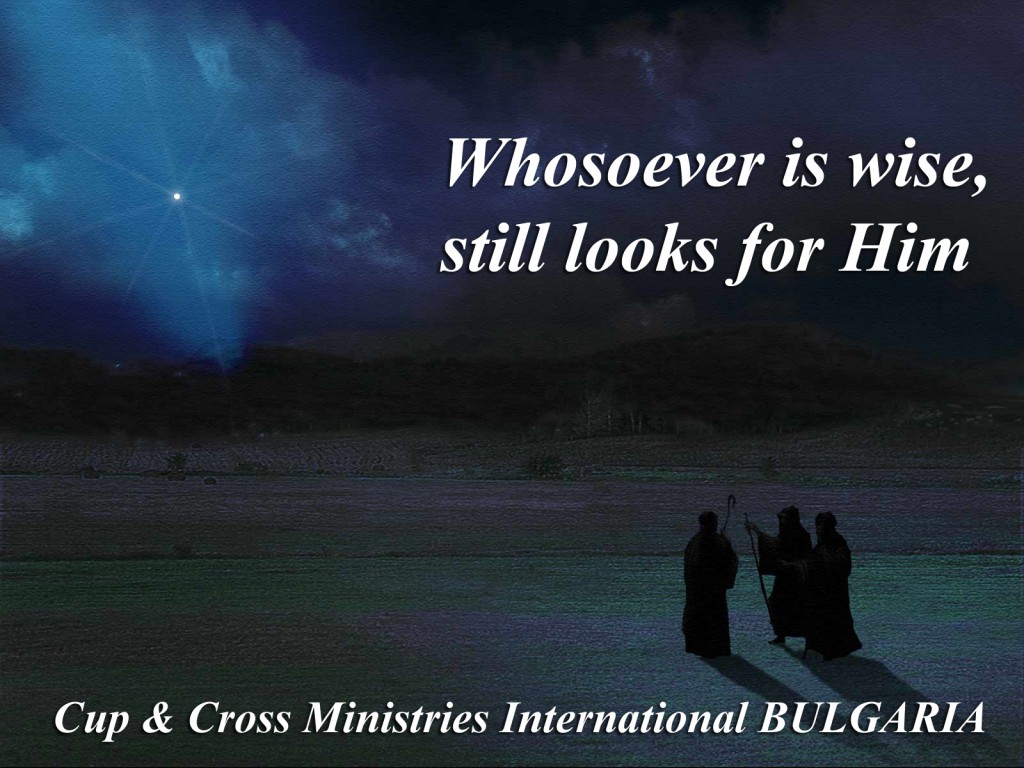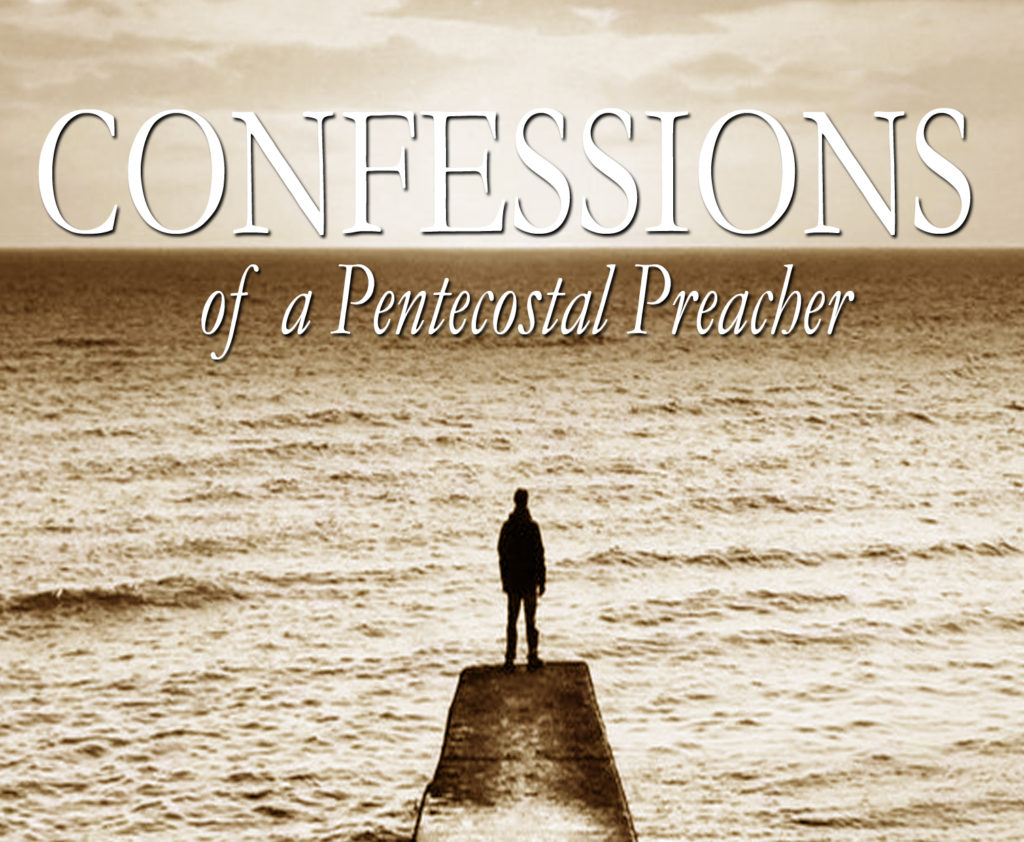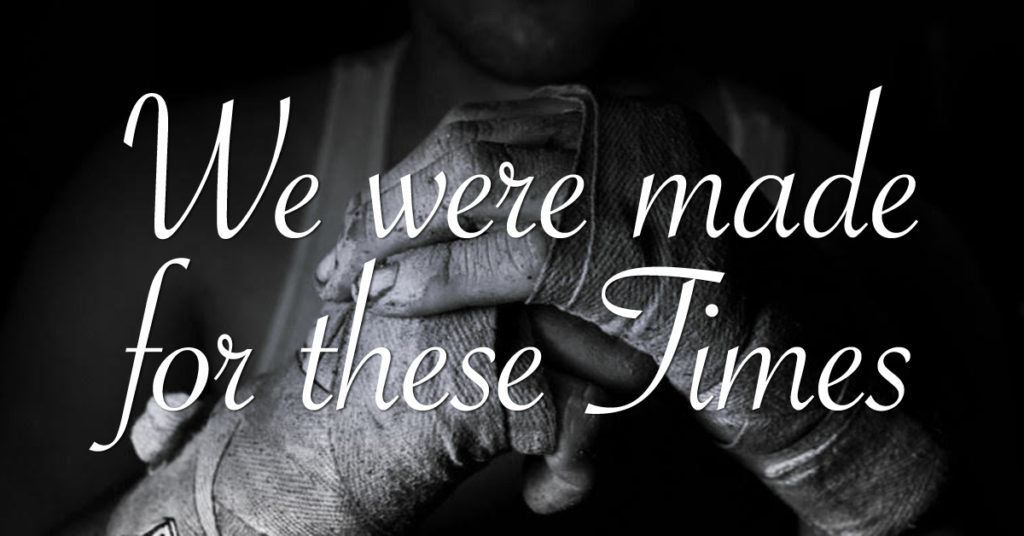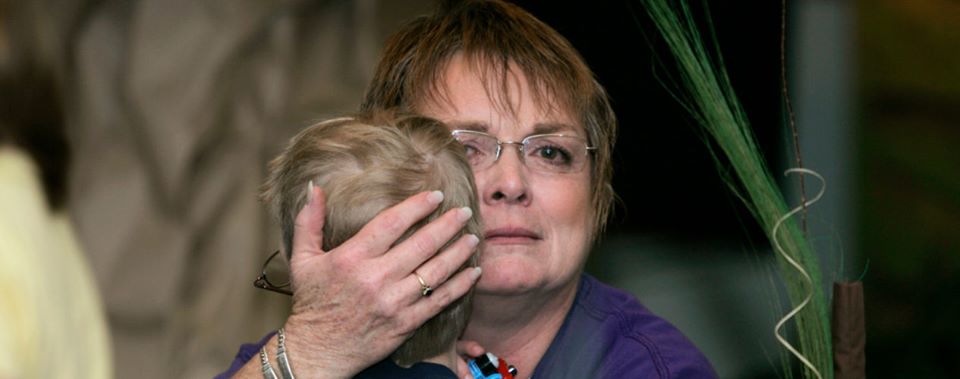CONFESSIONS of a Pentecostal Preacher (9.1.20.)
This book should have been published seven years ago in 2013. Its original subtitle was going to read “7 Years in Bulgaria.” Instead, it took seven years to finish it with all documents, research archives and new cases. Now, it is finally here and it finally reads like a story – not just choppy interviews, deposition documented testimonies or court records, but a story of struggle, strength and solitude. A story of life and a story of us.
1995-96 The establishing of the first Bulgarian Church of God in Chicago and its first split
2000-01 The contracted building of the ministry center for the Central Church of God in Sofia
2002-03 The church split in Southaven and what followed next
2005-06 The post-communist split of the Bulgarian Church of God and consecutive sub-denominations
2010-13 The social media network that cost us millions (of souls)
2016 The vote that forced to kill a church
2019-20 The sale of the ministry center for the Central Church of God in Bulgaria
READ: CONFESSIONS of a Pentecostal Preacher
A quarter of a century ago in Chicago
I left Chicago on this day 25 years ago (July 30, 1995). The Bulgarian church that day held service at 1 PM with 64 Bulgarians and many other internationals in attendance. Bulgarian students from the neighboring Indiana and Wisconsin attended as well. There was even a Bulgarian family from Alaska.
It was a Sunday. I left Chicago to preach in Beloit, WI that night and then left for Washington, D.C. the following morning. While driving north with quite the speed my Carolina blue Grand National began filling with white smoke. At first, I thought the air conditioner was on its last leg in the hot Chicago summer of 1995, but the air remained strong and cold. The cloud proceeded and it was so sensible that I had to slow down and basically stop on the side of the road. In my 30 years of ministry, I have only seen this one more time – in 2011 when the Glory of God descended over a youth camp we were preaching in the Bulgarian mountains. I did finally preach in Beloit and made it to D.C. the next day, but the vision of the cloud remained with me for the next 25 years.
Meanwhile, the word of mouth had spread and the Bulgarian church in Chicago was growing among the Bulgarian diaspora. On October 7, 1995, I was able to visit the church in Chicago again and present it to the National Overseer of the Bulgarian Church of God, Pastor Pavel Ignatov who visited the Bulgarian congregation in Chicago for the first time. By that time, it has become evident that the initial structuring for growth was giving more than expected results. The church became not only the first officially registered Bulgarian Pentecostal congregation in the United States, but also an important social and educational center able to minister to the 100,000 Bulgarians that live in the Great Lake region today.
Called to another mission, I left Chicago on July 30, 1995. The church bulletin upon my departure under Farewell and Appreciation read: “Today we are saying thank you to Dony for a job well done this past summer. He has served our church faithfully, and has been a tremendous blessing to Narragansett Ministries. Immediately following worship this morning, there is a dinner in Dony’s honor in the fellowship hall. And everyone is invited to attend.” Quiescently, while writing this next book for the quarter century anniversary of the Bulgarian Church in Chicago, I was able to find this last bulletin in a box with several dozen letters I had sent weekly to my parents in Bulgaria. Surprising even to myself, those letters contain pictures, documents, dates, growth charts and progression predictions that are surprising even to me today. I remember spending countless nights in prayer, contemplating and strategizing over the new Bulgarian church plant, but I had forgotten all this was carefully documented as a case study.
The church congregation presented me with a plaque that represented my efforts and work in Chicago, which I have also kept until now. Because this plaque represents the prayers and the vision of many who are continuing the work today, establishing and leading Bulgarian churches around the world to providing pastoral care for many who have left the homeland in search for a better life. To these ministers goes my personal token of appreciation and thanks, “Well done thou good and faithful!” For me personally today a quarter of a century later, this plaque represents one very simply thing – I never betrayed my dreams. And in my book, this is well done…
Arizona State Quarter: A Decade Later
 We used the time in the San Francisco Bay Area to meet up with old friends from our youth group in Bulgaria. While having coffee at the El Cerrito Starbuck’s early Sunday morning, we reminisced about friends and stories from the past. Leaving the coffee shop, we came across an Arizona state quarter lying on the pavement. After picking it up, my friend shared how his brother just recently moved to Phoenix with his family.
We used the time in the San Francisco Bay Area to meet up with old friends from our youth group in Bulgaria. While having coffee at the El Cerrito Starbuck’s early Sunday morning, we reminisced about friends and stories from the past. Leaving the coffee shop, we came across an Arizona state quarter lying on the pavement. After picking it up, my friend shared how his brother just recently moved to Phoenix with his family.
At this time we had no intentions of going to the southern part of Arizona, as we had planned to travel straight across through New Mexico to reach Houston for our Easter service there. Yet, the Lord had other plans and we ended up having a last minute cancellation in our schedule which allowed for us to travel to Phoenix and spend time with our friends there.
This occasion was one of the most blessed of times of fellowship on our trip. We were able to establish divine connections as we prayed for a new Bulgarian Church in the Phoenix area. We were also able to work out the details of being able to broadcast live feed from Bulgarian churches in the US and abroad – a vision which we have held closely to our hearts for the past decade while being involved with the Bulgarian Christian Television and ministry on the internet. Together, we called this broadcast Divine Connections. As a result, Cup & Cross Ministries has been able to broadcast LIVE services from all around Bulgaria in the past month and our team is planning to broadcast live the 2009 annual conference of Bulgarian Evangelical Churches in North America, which will be held May 22-25 in Los Angelis, California.
2020 UPDATE:
- We’ve hosted over one million LIVE broadcast on Bibliata.TV since 2009
- The Bulgarian church in Phoenix has been operational for several years now
- We will be broadcasting the 2020 Bulgarian church conference LIVE via Zoom from Las Vegas, Nevada
Call for Parents and Caregivers to Have Time of Uninterrupted Play with Their Children
As a Board Certified Licensed Professional Counselor with nearly 20 years of experience in the field of play therapy, I understand the vital importance of play in the life of a child. With the COVID-19 pandemic which has swept the world, our children are being exposed to stressors and events that no child should ever have to endure. Children need play in their lives now more than ever before. Play is their only way to communicate and to process these traumatic times. A time of play allows for children to increase their emotional strength and reduces stress which in turn increases our children’s immunity defenses.
It is for this reason that I feel the urgency to call all parents and caregivers to set aside a minimum of 45 minutes to 1 hour during the day to play with their children. This structured time should meet the following guidelines:
- If possible should be one parent with one child at a time even if you have to limit play to only 30 minutes
- Play time is uninterrupted with no texting, social media, online surfing or phone use of any type
- Should be in a safe place
- Parents and caregivers need to offer a time which is non-judgmental in the parameters of protection
- Needs to be led by child and not adult, offering no suggestions about what or how to play unless asked from child
- Do not interrupt the child’s process by being impatient for child to finish tasks at hand
- This is not a time for teaching. It is a time of reflecting and empathetic listening of feelings.
- Repeat back to the child their actions during play instead of offering your biased insight.
- Listen to what your children are telling you via their play
- Provide unconditional love and support
There is always time for play. It should not be underestimated. During this time of crisis it is a basic necessity and will strengthen our children. We will make it through this together.
– K. Donev, LPC/MHSP, NCC
We were made for these times
We were made for these times!
We know how to connect – whether in person or through phones and computers.
We know how to listen – to the stated message and to what is not said.
We also know the importance of responding to that unexpressed need.
We know how to observe – to see the fleeting worry or tender courage in someone’s eyes.
We know how to hope – to genuinely believe in our collective goodwill and shared humanity.
And, as you know, we know these things deeply and well – long before a contagious new virus arrived and disrupted our families and daily routines, we knew the powerfully contagious impact of relationships, positive emotions, and prayer!
Now, we want each of you to hear how much each of you is held in our hearts – for the work you do and, most importantly, for who you are in your families, communities, and the world.
Together we will remember the most vulnerable – near or far – and with creativity, determination, and compassion we will write a story of resilience, wholeheartedness, and collective resolve.
A story of and for these times.
We believe in you. Thank you for your continued prayers of support.
Today We are All Rodney Howard-Browne
“…Then they came for the Jews,
and I did not speak out—
Because I was not a Jew.
Then they came for me—
and there was no one left to speak for me.”
~Rev. Martin Niemöller
Pastor Rodney Howard-Browne was arrested for having church on Sunday.
The charges: unlawful assembly and a violation of health emergency rules.
The state administrative order issued restriction on all “public or private gatherings, including community, civic, public leisure, faith-based events…” The “safer at home” allowed leave only for essential work or to pick up food and medication.
For us Pentecostals, going to church is like going for food or medication. Our supernatural healing proceeds from the atoning work of Christ. Our gathering together represents the resurrection of His body from the dead and our own resurrection from all disease, sickness and even death. It is a spiritual self-fulfilling need guaranteed in the Constitution: Congress shall make no law respecting an establishment of religion, or prohibiting the free exercise thereof; or abridging the freedom of speech, or of the press; or the right of the people peaceably to assemble, and to petition the Government for a redress of grievances. Yet, during this state of emergency, both second degree misdemeanor charges somehow prevailed over the First Amendment.
Now, I can understand if many do not like Rev. Browne’s approach or praxis. I like him as much as the next preacher or practitioner of theology. But the seven principles of the Constitution still stand and right after federalism and republicanism it still reads individual rights.
In America where until today, Romans 13 carried a much different interpretation than when cited by communist agents in China, North Korea, Eastern Europe and beyond. And where since July 4, 1776 the Biblical imperative “Honor the King” aligns with Paul’s “bond servant of Jesus Christ,” meaning: not a slave to any earthly king, empire or any other new world order. For before anything else, every ambassador of the Kingdom of Heaven is accountable first to the Heavenly Call.
It is in this sense that today we are all Rodney Howard-Browne! If not, tomorrow we all could be arrested for having church on Sunday.
10 New Insights on Fighting COVID-19: Increasing Immunity, Natural Action and Common Sense
- COVID-19 can live for some 24-hours on cardboard. Leave home-delivery shipments in garage for this time and then bring only inside contents into home after disinfecting them.
- Shave facial hair and consider removing fake fingernails or cutting long nails.
- Eucalyptus oil shows anti-viral activity as a vapor.
- Be careful with DIY hand-sanitizers – only those that have 60-70% alcohol content will be effective.
- Soap and water remove germs from skin, but hand sanitizer just reduces germs – per CDC.
- COVID-19 can also transmit through our eyes and tiny viral particles or aerosols, can penetrate masks and reusing masks can be a breeding ground for virus.
- MERV 13 filters capture airborne viruses and bacteria from coughs and sneezes. Clean air helps keep your immune system strong even though it might not remove COVID-19.
- Sucking on zinc lozenges at first signs of sickness can create barrier for COVID-19 to enter body.
- Steam for 5 minutes and dishwashers reaching a final rinse temperature of 150 degrees can disinfect pet bowls, scrub pads, some kids’ toys and more and drying laundry on hot cycle for 45 minutes is effective against certain viruses and germs.
- Worry only decreases your immunity to fight off viruses; prayer is proven to increase it.
When the Church Process Hurts our Children
Policy and procedure and process are not to be feared. Without regulation, disorder and self-empowerment become a dangerous reality. However, can we truly hear from God when we become victim to the Process; when we hide behind procedure so our earthly agenda can be met? The voice of the Process can be so overwhelming that it overshadows our judgment for Truth. Dollar signs and numbers begin to replace genuine salvation and genuine miracles and genuine Holy Ghost baptism. We become too concerned with following procedure all while hurting our brothers and sisters and our spiritual mothers and fathers. We do so with no remorse because ultimately we were faultlessly just following protocol. Nevertheless these people have a voice to process events and forgiveness can be extended in which healing can occur.
But unfortunately, the ones which we always disregard while following the Process are the little ones that do not have a voice. So I speak for the children of the church who become the real victims to the Process. I speak for the ones who remain on the sidelines in the shadows under the pews; the ones who cry out for justice with their actions because this is their only way to be heard. Acting out is their way of screaming to anyone who will hear, “Don’t forget me in your Process”. Their tears say, “Stop with the politics”. I also speak for the unborn children of an infertile womb who desire to be born into unity and love. Please do not leave our innocent heirs without a place to worship, without a pastor to lead them into God’s presence and for some, without a desire to even go to church. Is the Process, with the illusion of democracy that divides, worth loosing our children in the midst? Join in saying, “No” with our actions.
-K. Donev, LPC/MHSP, NCC
Appreciating the Simple Things in Life
 Roasting chestnuts over an open fire and Jack Frost nipping at your nose is a comforting carol which brings many pleasant feelings around the holidays. These are two features, which are not only common to the States, but to Bulgaria as well. This is the season of chestnuts being roasted, however it is not like we picture being over a cozy fire place in a warm home. In Bulgaria it would be on the street side to sell in order to bring in some income for your family. And the Jack Frost is not just a nip for some, but it is a bone chilling cold due to not being able to afford the electric bill.
Roasting chestnuts over an open fire and Jack Frost nipping at your nose is a comforting carol which brings many pleasant feelings around the holidays. These are two features, which are not only common to the States, but to Bulgaria as well. This is the season of chestnuts being roasted, however it is not like we picture being over a cozy fire place in a warm home. In Bulgaria it would be on the street side to sell in order to bring in some income for your family. And the Jack Frost is not just a nip for some, but it is a bone chilling cold due to not being able to afford the electric bill.
For some, there will be no gift under the tree and for others there will not even be a tree. This is not said to bring you sorrow, but for you to appreciate the simple things in life. Enjoy family, friendships, a warm home, a hot meal, your health. Enjoy the time the Lord has given you and use it for his Glory and not for bickering or complaining over the small angst.
Don’t loose sight of the true meaning of Christmas. Christmas is not about the material, but it is about the spiritual. It is about the birth of our Lord and Savior even though our politically correct society wants to get ride of the “Christ” in “Christmas.” If it were not for His birth, He would not have been able to die for our sins. This remission of sin is the ultimate gift this Christmas season for it is through this act that we are able to have eternal life if we only ask.
So when you wake up on the 25th begin your day not consumed with what you didn’t get or what didn’t happen to your liking, but in silence remembering the silent and holy night over 2000 years ago. Remember those less fortunate in order not to take for granted with what you have been blessed. And most of all thank Him for His gift to you. Let these thoughts bring you comfort this holiday season.
Merry CHRISTmas 2009
From all of us in Bulgaria!
30 Years after Communism…
The Fall of the Berlin Wall was on the evening of November 9, 1989

30 years in 60 seconds at the red-light…
I’m driving slowly in the dark and raining streets of my home town passing through clouds of car smoke. The gypsy ghetto in the outskirts of town is covered with the fog of fires made out of old tires burning in the yards. And the loud music adds that grotesque and gothic nuance to the whole picture with poorly clothed children dancing around the burnings.
The first red light stops me at the entrance to the “more civilized” part of the city. The bright counter right next to it slowly moves through the long 60 seconds while tiredly walking people pass through the intersection to go home and escape the cold rain. The street ahead of me is already covered with dirt and thickening layer of sleet.
This is how I remember Bulgaria of my youth and it seems like nothing has changed in the past 30 years.
The newly elected government just announced its coalition cabinet – next to a dozen like it that had failed in the past two decades. The gas price is holding firmly at $6/gal. and the price of electricity just increased by 10%, while the harsh winter is already knocking at the doors of poor Bulgarian households. A major bank is in collapse threatening to take down the national banking system and create a new crisis much like in Greece. These are the same factors that caused Bulgaria’s major inflation in 1993 and then hyperinflation in 1996-97.
What’s next? Another winter and again a hard one!
Ex-secret police agents are in all three of the coalition parties forming the current government. The ultra nationalistic party called “ATTACK” and the Muslim ethnic minorities party DPS are out for now, but awaiting their move as opposition in the future parliament. At the same time, the new-old prime minister (now in his second term) is already calling for yet another early parliamentarian election in the summer. This is only months after the previous elections in October, 2014 and two years after the ones before them on May 2013.
Every Bulgarian government in the past 30 years has focused on two rather mechanical goals: cardinal socio-economical reforms and battle against communism. The latter is simply unachievable without deep reformative change within the Bulgarian post-communist mentality. The purpose of any reform should be to do exactly that. Instead, what is always changing is the outwardness of the country. The change is only mechanical, but never organic within the country’s heart.
Bulgaria’s mechanical reforms in the past quarter of a century have proven to be only conditional, but never improving the conditions of living. The wellbeing of the individual and the pursuit of happiness, thou much spoken about, are never reached for they never start with the desire to change within the person. For this reason, millions of Bulgarians and their children today work abroad, pursuing another life for another generation.
The stop light in front of me turns green bidding the question where to go next. Every Bulgarian today must make a choice! Or we’ll be still here at the red light in another 30 years from now…














